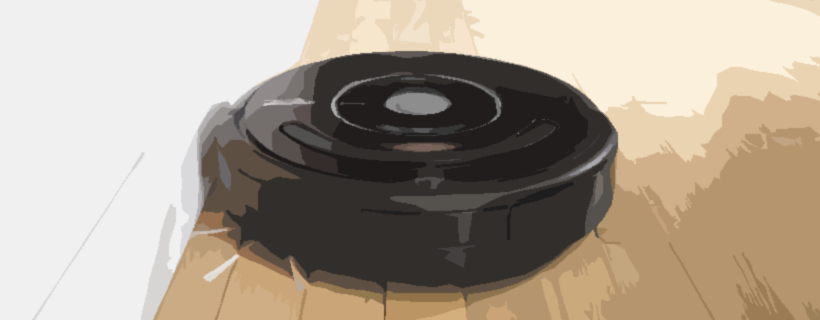The Loup Frontier Tech Index tracks the performance of publicly-traded companies that influence the future of technology including AI, robotics, autonomous vehicles, computer perception, and virtual and augmented reality. We will be publishing periodic pieces to highlight specific companies in the index and their impact on frontier tech.
iRobot is one of just a few pure-play robotics opportunities in the public markets. Despite a recent ~20% drop following Mar-19 quarter earnings, the stock is up 26% YTD. Revenue in the Mar-19 quarter came in below Street expectations but the company maintained full-year revenue guidance and raised their annual earnings outlook.
We believe robot adoption within the home (domestic robotics) is nearing an inflection point and iRobot is well positioned to take advantage of growing demand.
Domestic robotics market is inflecting
Households bought 9.0M domestic robots in 2018, up 42% y/y to $2.4B. Within the category, robotic vacuums represented the largest sub-market growing 47% y/y to $1.8B. iRobot estimates that 10% of U.S. households own a robotic vacuum cleaner; outside the U.S., penetration rates are estimated to be considerably lower (2-3%). We estimate that iRobot owns 52% of the domestic robot market; further, we believe the company can sustain double-digit vacuum revenue growth through 2025 as more households adopt this technology for the first time.
Robotic lawn mowers and wet floor products are beginning to see meaningful adoption. In 2018, these markets represented $450M and $140M respectively. While we anticipate increased competition in all product categories, we believe iRobot’s technology leadership and brand awareness will support continued market leadership.
iRobot’s technology leadership
Rising competition is a legitimate concern for iRobot, but the company continues to maintain and extend its lead. We believe the past 2 years of consistent outperformance is evidence of iRobot’s ability to execute in a competitive market.
The company also has a U.S. install base of over 13M units; the large and growing install base is an under-appreciated asset. As a Roomba is helping the consumer clean, it is also gathering data in the home. iRobot can then use the data to train their proprietary AI algorithms and improve the functionality of their robots. With millions of robots across the world, iRobot enjoys a market advantage in building advanced robot features for home automation.
Expanding the category
iRobot’s mission is to drive robot adoption among consumers. Today, that primarily consists of Roombas and Braavas; longer-term, we believe the mission expands to multiple home automation applications.
Earlier this year, iRobot announced the widely anticipated extension to its product line of robotic home appliances: an autonomous lawn mower. We estimate this product represents a $500M+ new market opportunity. More importantly, with iRobot creating digital maps in and out of the home, we expect new applications and new revenue streams to materialize as the connected home becomes mainstream.
Disclaimer: We actively write about the themes in which we invest or may invest: virtual reality, augmented reality, artificial intelligence, and robotics. From time to time, we may write about companies that are in our portfolio. As managers of the portfolio, we may earn carried interest, management fees or other compensation from such portfolio. Content on this site including opinions on specific themes in technology, market estimates, and estimates and commentary regarding publicly traded or private companies is not intended for use in making any investment decisions and provided solely for informational purposes. We hold no obligation to update any of our projections and the content on this site should not be relied upon. We express no warranties about any estimates or opinions we make.
